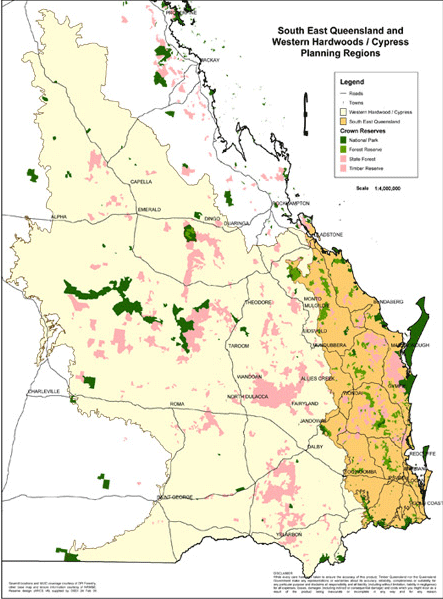 |
Find out more about White Mahogany
The botanical name for White Mahogany is Eucalyptus acmenoides. Many will commonly know it as Yellow or White Stringybark rather than White Mahogany. It grows from the north down the east coast of Queensland, with isolated pockets in the Tablelands. It is an important commercial hardwood species in Queensland sourced from native forests.
|
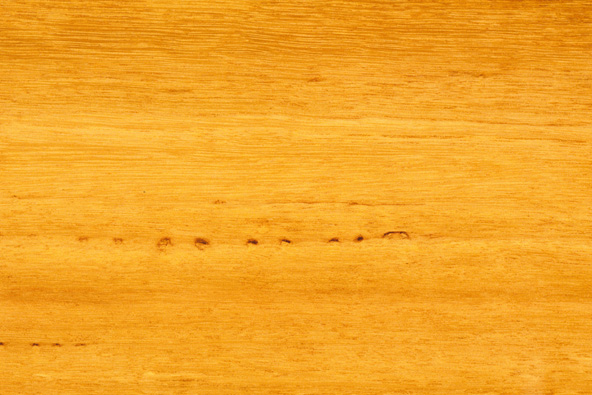 |
What does White Mahogany look like?
White Mahogany rarely shows any colour variations and is commonly light or yellow brown in colour, with a creamy brown, distinctly light sapwood. The wood grain is uniformed and medium textured.
|
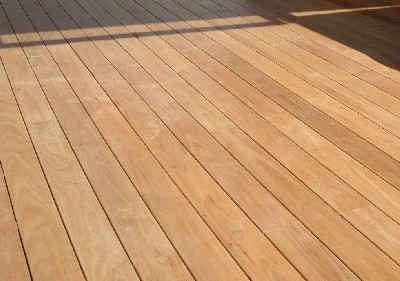 |
What is White Mahogany used for?
Common applications for White Mahogany include:
- Framing
- Roof trusses
- Decking
- Flooring
- Cladding
- Landscaping, including retaining walls, poles and posts
- Wharfs & bridges
|
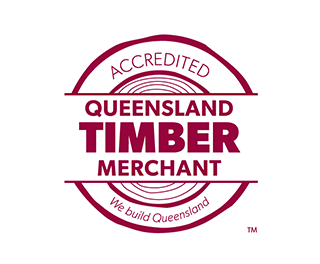 |
Where can I purchase White Mahogany?
White Mahogany is readily available at all Queensland Timber Merchant Network members. Search for your local supplier via the Accredited Queensland Timber Merchant postcode search tool.
|
| |
Where can I find more information about the use and application of White Mahogany?
For more detailed information than the White Mahogany property table below, visit WoodSolutions or download 'Construction timbers in Queensland' which describes the properties of timbers used in the construction of Class 1 to Class 10 buildings (e.g. houses, carports, garages, greenhouses and sheds) in Queensland, as well as other purposes such as furniture, landscaping and outdoor structures (e.g. playgrounds, fences).
|
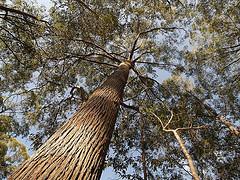 |
What are the properties of White Mahogany?
|
Termite resistance
|
Termite resistant
|
|
Shrinkage
This is the measure of the percentage reduction from the unseasoned to 12% moisture content condition.
|
6.0% (tangential); 3.5% (radial)
|
|
Density
Mass divided by volume, expressed in kg/m3 when describing timber
|
Very high density
|
|
Toughness
|
High Toughness
|
|
Bushfire resistance
|
Not bushfire resistant
|
|
Strength
The strength of Australian timber is described in terms of "stress grades". Stress Grading is a way of classifying timber, either visually or by mechanical means to indicate the basic properties to be used for structural design purposes. The stress grade is designated in a form such as "F17", which indicates the relative bending capacity of the timber.
|
F11-F27
|
|